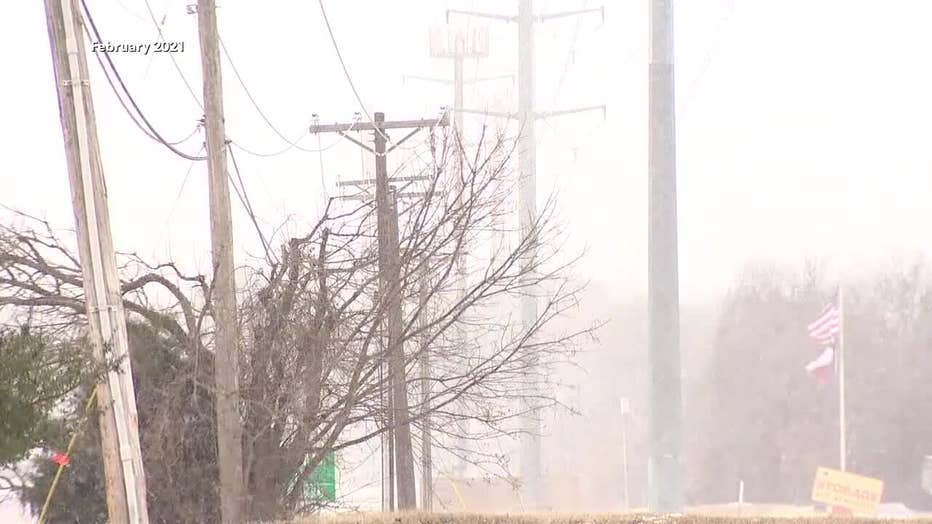Texas Supreme Court hearing on 2021 winter storm lawsuits could signal plan to change ruling
DALLAS - As we prepare for a winter storm, the Texas Supreme Court has agreed to hear arguments in a major case from the deadly 2021 winter storm.
The state's highest court will decide whether more than 15,000 plaintiffs can move forward with their claims against Texas utilities.
As the possibility for a winter storm takes shape, Texans can’t help but remember the past winter storms — specifically, the February 2021 storm that caused widespread and prolonged power outages, resulting in deaths and property damage.

Thousands of people filed lawsuits against the state’s power transmission companies in the wake of the storm.
In April, the 14th Court of Appeals in Houston decided certain claims can move forward.
In December, the Texas Supreme Court decided it would review the case and hold a hearing. The move could the justices want to change the ruling.
Featured
At least 57 people died in the Texas winter storm, mostly from hypothermia
The largest number of deaths from the winter storm — at least 25 — occurred in Harris County, the Texas Department of State Health Services reported.
July 2024: Texas Supreme Court sides with state regulators hiking prices during 2021 winter storm
Chad Ruback is an appellate lawyer in Dallas not involved in the case.
"The Supreme Court just has a lot going on," he said. "They're not going to spend the time it takes to prepare for and have one of these hearings unless they're inclined to make some changes to what the lower court did, in this case, the 14th Court of Appeals in Houston."
Ruback says the argument, in this case, is over whether power transmission companies, like Oncor in North Texas, could have acted differently four years ago when ERCOT told utilities to cut power to homes and businesses to lessen the strain on the state’s power grid.
Featured
ERCOT issues Weather Watch as Texas expects to see freezing temperatures
Texas power grid operator ERCOT has issued a Weather Watch for most of this week, due to the expected higher than usual demand.
"Maybe they should have turned the power off to different neighborhoods. And the ones they chose to turn power off to, maybe they should have turned power off for a shorter period of time or a longer period of time. Maybe they should have made sure for certain that the power was going to go back on when they intended it to go back on after these rolling blackouts. That's the base of this lawsuit," he said.
The power transmission companies are the ones who own the wires that connect electricity across the state.
Power generators, retail electricity providers and natural gas suppliers are not involved in these lawsuits.
Featured
Dallas Weather: Protect your pipes during 2025's first winter storm
With temperatures dropping below freezing for the first time in 2025, now's a good time to make sure the pipes around your home are protected.
Ruback says Oncor and other power transmission companies might argue that their hands were tied at the time.
"Essentially, Oncor’s position and the position of the similarly situated transmission companies is, ‘We didn't have a choice but to shed load, to use less power. We had to pick something. In any decision we made, people would have faulted. Sadly, any decision we made, it seems, would have resulted in harm,’" said Ruback.
The Supreme Court decision could have a lasting impact on Texans.
Ruback says people could see an increase in electricity bills if there’s a large settlement or potential changes in the state’s power transmission companies because of a lack of consequences.
"This is going to be a tough decision for the Supreme Court to make," Ruback said. "I don't remember ever seeing a case anything like this before the Supreme Court."
The hearing is set for February 19 in Austin.
The Supreme Court will not make a decision during the hearing. It will come down in a written opinion, which could take weeks or even months to issue.




